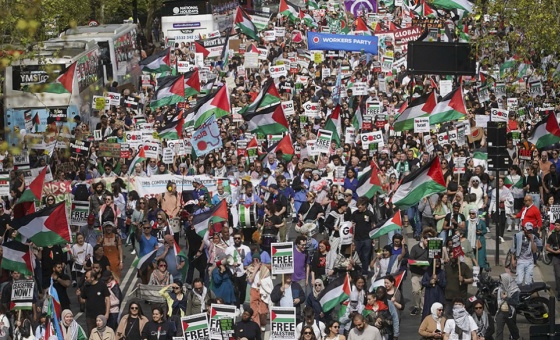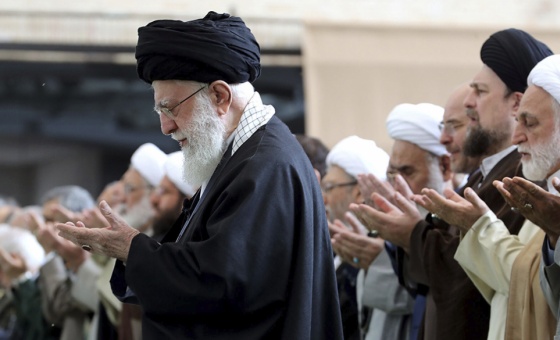This is the last article you can read this month
You can read more article this month
You can read more articles this month
Sorry your limit is up for this month
Reset on:
Please help support the Morning Star by subscribing here
AN ANTI-APARTHEID activist told the spycops inquiry today that he suffered a “total miscarriage of justice” after being arrested at a protest because one of his co-defendants was an undercover officer.
Professor Jonathan Rosenhead was convicted of obstructing the highway after he was detained at an anti-apartheid demonstration in 1972, along with 14 others.
On Wednesday, the Undercover Policing Inquiry heard that one of those arrested was a police spy sent to infiltrate the campaign.
It also heard how the officer, who used the alias Michael Scott, spied on confidential meetings between campaigners and their lawyer and was authorised by senior Scotland Yard commanders to use his fake identity in court.
Giving evidence today, Prof Rosenhead said it was outrageous that a spycop had reported details of their defence back to his superiors, meaning that officers were privy to their legal argument.
“All of that is, it seems to me, a total miscarriage of justice and speaks very badly for the police ethics of that time,” he said.
Also giving evidence today was fellow anti-apartheid campaigner Christabel Gurney, who was later awarded an OBE for her services to human rights.
The inquiry heard how an officer spied on a small Christmas party and fundraiser at her home, reporting details such as the entry fee.
Ms Gurney said she was “very disturbed” that officers had seen fit to gather intelligence on the social gathering.
Asked by inquiry barrister Rebekah Hummerstone whether they would have been organising protests at the gathering, Ms Gurney replied: “No. It was just before Christmas. It would have been a purely social occasion.”
Campaigners viewing the hearings at the Amba Hotel today criticised the inquiry’s line of questioning of the anti-apartheid campaigners. The pair were repeatedly asked to explain whether their tactics were violent, and why police had reported that members of the group intended to use smoke bombs, flares, and fireworks at protests against the apartheid state.
“It feels like this line of questioning is defensive of apartheid South Africa essentially,” Tom Fowler, a campaigner spied on in the 2000s, said.
“Those who opposed it … they’re almost being [put] on trial and apartheid south Africa defended through this process.”
The inquiry, which is examining the conduct of about 139 officers who infiltrated over 1,000 protest groups from 1968, continues today.
 Bethany Rielly
Bethany Rielly







